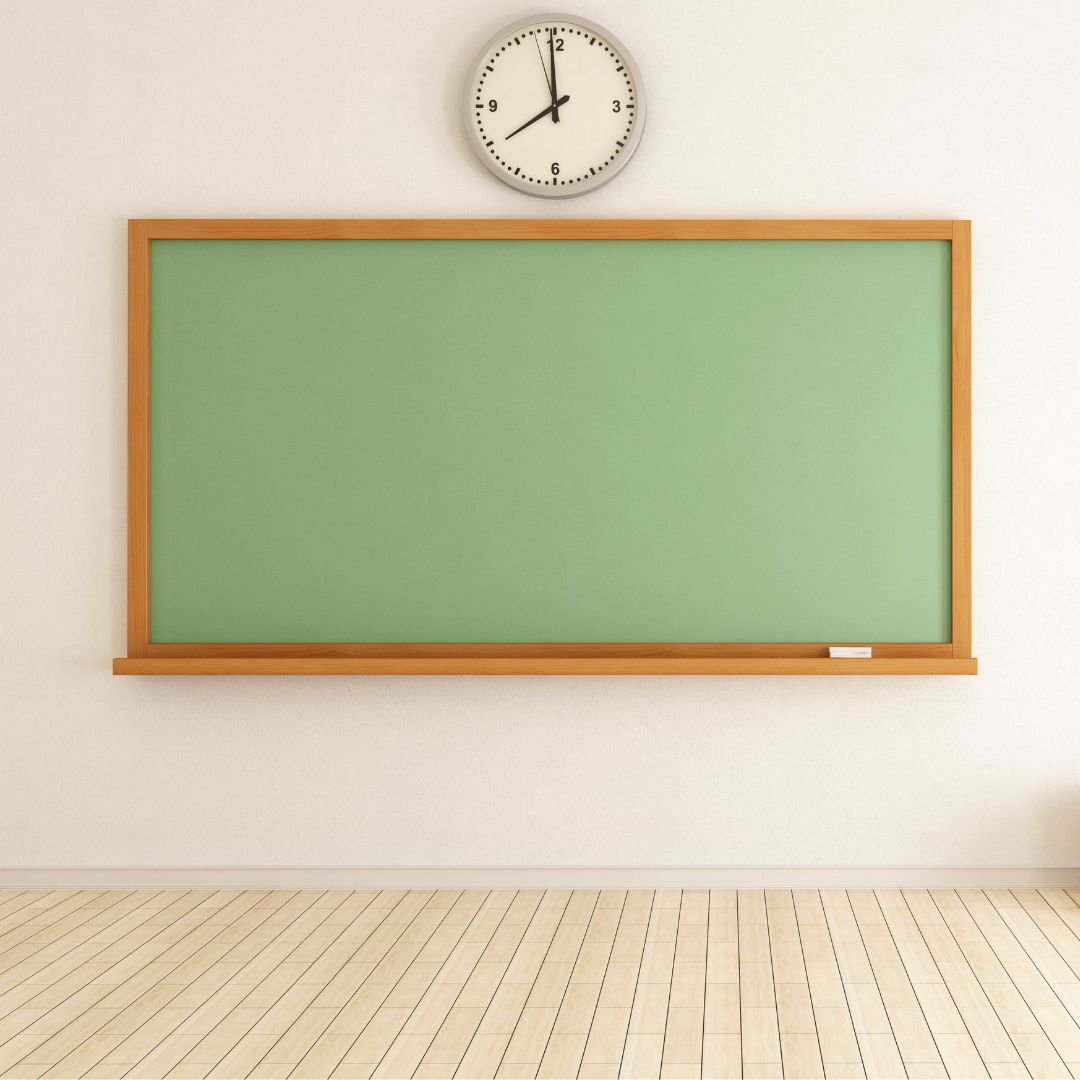How’s your week going? Let me guess…
You have everything running perfectly on schedule, right? The house projects are done and all the laundry is put away. You finished everything at the office at least 48 hours before it was due, and baked three dozen sparkly cupcakes for the bake sale… AND your children got along without fighting, listened every time you asked them to do something, and sat quietly (without prompting) when you had to answer the phone. Whew, a truly perfect day. Or was it a little more complicated than that?
Regardless of what you accomplished today, let me reassure you that this parenting thing is a lot of work… for all of us! And when you really think about it, it’s amazing that as parents, we are able to balance so many different roles at one time. Seriously, how do we do it? Whether you realize it or not, you constantly use executive functions to help you get through your to-do list every day. This unique set of cognitive skills helps us every time we set a goal, make a plan, and implement it (MANY times each day).
What does executive functioning mean?
Executive functions are a set of brain-based skills that allow us to make decisions, plan activities, and stay focused while accomplishing our goals. Executive functions guide us as we complete multi-step tasks, manage our schedules, and talk with friends. They also help us pay attention to a boring task, change plans when we need to, and stop ourselves from saying what we are truly thinking (when our true thoughts could get us in trouble). Executive function in children can be supported and we are here to help.
Kids are developing executive function skills, too!
Executive functioning in children is developed from infancy through young adulthood. If you are a parent of a child with ADHD, you have probably heard the term “executive function.” You may have even been told that your child needs support with executive function, but you may not know exactly what that means. Ironically, we use these skills every day, but most of us can’t easily define what they are. Of course, if your child or teen has executive functioning weaknesses, you can probably point out the functional impact of their deficit with ease.
How do I know if my child has an executive functioning weaknesses?
- Does your child seem to leave a trail of items everywhere they go, or struggle to pick up their things when asked?
- Is homework a daily chore that causes tears and frustration for everyone involved?
- Do you find your child getting distracted frequently? Do everyday tasks like taking a shower can become complicated and take an unnecessary amount of time?
- Are you constantly reminding your child to remember important things (lunch, soccer uniform, homework folder, etc.) and feeling like a nag as you repeat yourself constantly?
- Do you see your child over-reacting to minor problems, such as a change in plans or a small disappointment?
If you can relate to one or more of these examples, your child may have executive function weaknesses. This can significantly impact their ability to accomplish tasks with independence. The reality is, even if just one family member has poor executive function, it affects the whole family. Fortunately, there are many strategies you can use to work on these important skills. Over the next several blog posts, we are going to be explaining executive functioning in children, how they work, and most importantly, how to help your child develop these skills.

1. Executive functions are a unique set of skills.
We will be referring to nine executive functions taken from the Behavior Rating Inventory of Executive Function, Second Edition (BRIEF2; Gioia, Isquith, Guy, & Kenworthy, 2015).
- Self-Monitoring
- Inhibition
- Shift (cognitive flexibility)
- Emotional Control
- Initiation
- Working Memory
- Planning
- Task-Monitoring
- Organization
2. Everyone has strengths and weaknesses in their executive function profile.
Despite the way it may seem, none of us have it together all the time. Some people have more will-power (inhibition) than others, and we all have that one messy closet… or two… that we just can’t seem to keep organized. Even as adults, we all have areas of strength and weakness. Real talk: I love to keep things clean and tidy (organization is my jam), but have a hard time getting started on certain tasks (initiation). I get easily stressed when we have to change plans last minute (shift). On the other hand, my husband can stay calm in almost every situation (emotional control), but could not tell you how long it takes to do ANY task and can quickly lose track of time (planning/self-monitoring). Let’s just say we balance each other out.
3. Executive functions are connected and work together.
Think about something that we expect our children to do regularly, like cleaning their room. With just ONE request, we are asking our children to use several executive functions at once. For example, the child has to shift from whatever they were doing before you made the request. They need to have a plan for what the room should look like when they are done and a sense of where each item should go (organization). Also, they have to task-monitor so they do the “right amount” of work (have you have sent your child to clean their room and found them getting way too focused on the details, but missing the big picture?) They need to show emotional control and stay calm, rather than getting frustrated at the amount of work that needs to be done.
4. Executive functions take years to full develop in everyone, not just exceptional children.
Research shows that executive functioning in children doesn’t peak until age 25. This means that ALL children sometimes have issues with planning a task, organizing their things, staying calm, and changing plans. When a child is described as having “executive function defects,” they are not developing executive function at the same rate as their friends. However, they likely still have some strong areas and some weaker areas.
5. Many of the executive functions can be improved with quality intervention.
It’s true! We can work with our children and support their ability to gather all of their materials before starting a project. We can help them grow their independence with visual routines so they can see (and anticipate) what is coming next. We can help them take deep breaths or go for a walk when they are angry. Or, encourage them to think of a new solution when the first plan didn’t work. There is no “magic cure” for these challenges. But, with practice and a LOT of patience, we are all capable of learning new skills.
What questions do you have about executive functioning in children? Let us know in the comments!
And if your child has ADHD, you DO NOT want to miss our comprehensive, science-backed, FREE ADHD Parenting Guide. We break down our top six tips for parenting ADHD. Even better, we explain the science behind them – so you can confidently support your child! Need more support? Check out our online course, Creating Calm, which can be done from anywhere… on a schedule that works for you!
For Part 2 of our Executive Function series, click here.
For Part 3 of our Executive Function series, click here.
All the best,
Katie







[…] the past few months, we have been sharing about executive function: what they are, why they are so important, and how we as parents can support children with ADHD with these skills. One question we […]
[…] with Inattentive ADHD also struggle significantly with executive functioning skills. For example, they might have difficulty keeping their desks, backpacks, and bedrooms organized. […]
Great Information! Explained EF skills really well. Thank you! Is there a free rating scale or questionnaire available that can help parents figure out which areas are strengths vs weaknesses.
Nothing that is free unfortunately. But we have an assessment we use in our online course, Creating Calm.